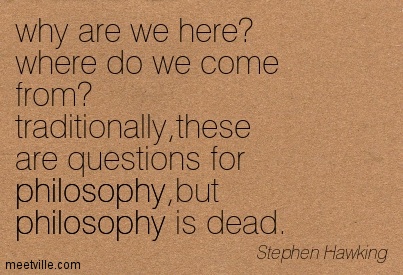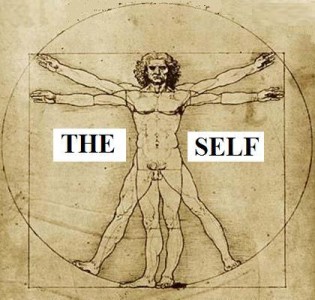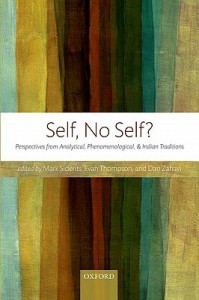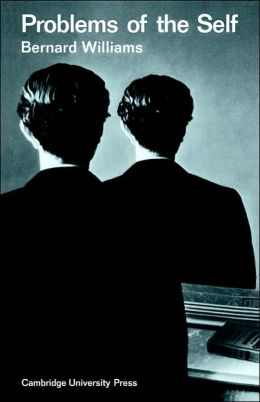Death of philosophy greatly exaggerated
 Sleep medicine categorizes different types of insomnia by the part of the sleep cycle that’s “troublesome.” For example, there’s difficulty falling asleep, difficulty staying asleep, and waking up too early. I can fall asleep in five minutes, but I wake up at four AM. I don’t consider this insomnia, but a normal expression of two-part or segmented sleep (also known as bimodal, bifurcated or divided sleep). This is the way we used to sleep before industrialization.
Sleep medicine categorizes different types of insomnia by the part of the sleep cycle that’s “troublesome.” For example, there’s difficulty falling asleep, difficulty staying asleep, and waking up too early. I can fall asleep in five minutes, but I wake up at four AM. I don’t consider this insomnia, but a normal expression of two-part or segmented sleep (also known as bimodal, bifurcated or divided sleep). This is the way we used to sleep before industrialization.
Four AM is when I listen to what used to be called “books on tape.” Recently I listened to a series of lectures by philosophy professor Lawrence Cahoone called The Modern Intellectual Tradition: From Descartes to Derrida. The presentation of this potentially difficult subject matter — Kant, Hegel, Heidegger, Wittgenstein — was excellent. Cahoone made philosophical ideas interesting and (relatively) easy to understand. The lectures kept me awake rather than putting me to sleep, and I came away thinking I’d be happy to spend the rest of my life reading nothing but philosophy. Read more






